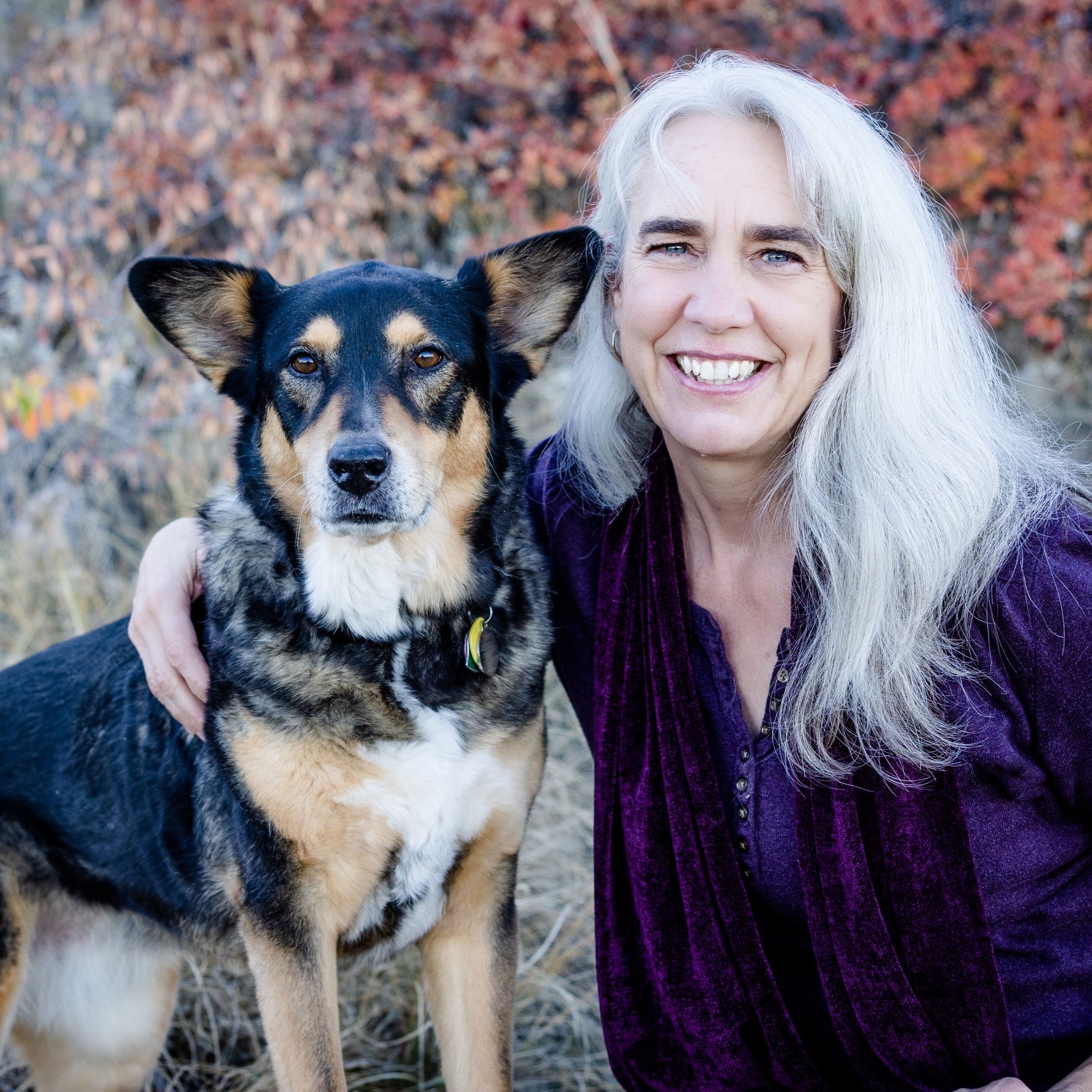What I Love About Slut Walks
/See the first post in this series about the Slut Walk phenomenon
First of all, I think calling these protests Slut Walks was brilliant and natural, and is largely responsible for the massive amount of attention that the events have generated in the media. Most of which has been good for the cause of eliminating sexual violence. After all, the police officer that started this whole thing used the term slut in his statement.
I also admire the chutzpah of the Slut Walk contingent which wishes to transform the word slut into something more positive for women. Women who embrace their sexuality are so often denigrated as sluts, and that demeans all women. I could talk about that for hours, but I’ll refrain in this instance. I’ll only say here that I appreciate the empowerment that can be found in the process of claiming a word that others use to humiliate you.
I also love that the Slut Walk movement is pointing out what is wrong with the message that it is up to women to avoid being sexually assaulted. This line of reasoning tends to go along with analogies like burglary. For example, if I want to avoid being burgled, I put my valuables in a secure place, out of view, and I make sure my windows and doors are locked.
I figure if you’re reading here, you probably get why this analogy doesn’t work. But just in case, I’ll spell it out: The problem with this analogy is that it is so far from exact. For example, say that your home was broken into and your valuables stolen. How likely is it, do you think, that the police will question you about why you didn’t have a security system installed? If the burglar is caught and put on trial, do you think it will be part of his defense that you didn’t have deadbolt locks? And that you had that flat screen TV system in full view of your living room window? Which he says was not locked. Can you prove that it was? No? Clearly you were giving signals that you expected it to be stolen. You didn’t tell the burglar not to steal it. It must have been consensual. You can see how the analogy breaks down with just a little prodding.
And – maybe this is even more important – we all acknowledge that people with security systems and good locks have their homes broken into, too. Moreover, we generally agree that often people have good reasons (cost, convenience, assuming they were relatively safe) for not implementing more security measures. Do we say they these people had it coming to them? How *do* we feel about these people. Is our analogy holding up well in these areas?
Thank you, Slut Walks, for highlighting how convoluted our thinking is around women, sex, and violence. Anyone who can grab our attention long enough to make these points is walking in the right direction, in my opinion.
Stay tuned for a future post about what I don’t like so much about the Slut Walk phenomenon. What is your take on Slut Walks?
--------
Peg Shippert is a psychotherapist in private practice in Boulder, Colorado. She has a deep passion for working with survivors of sexual violence and other traumas.








